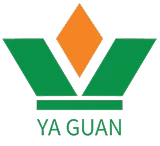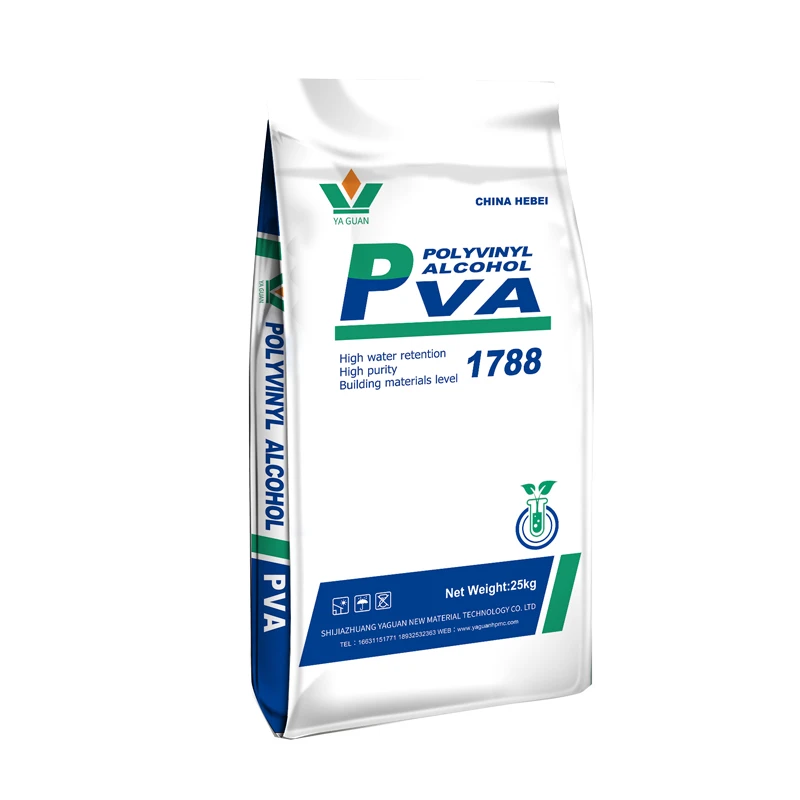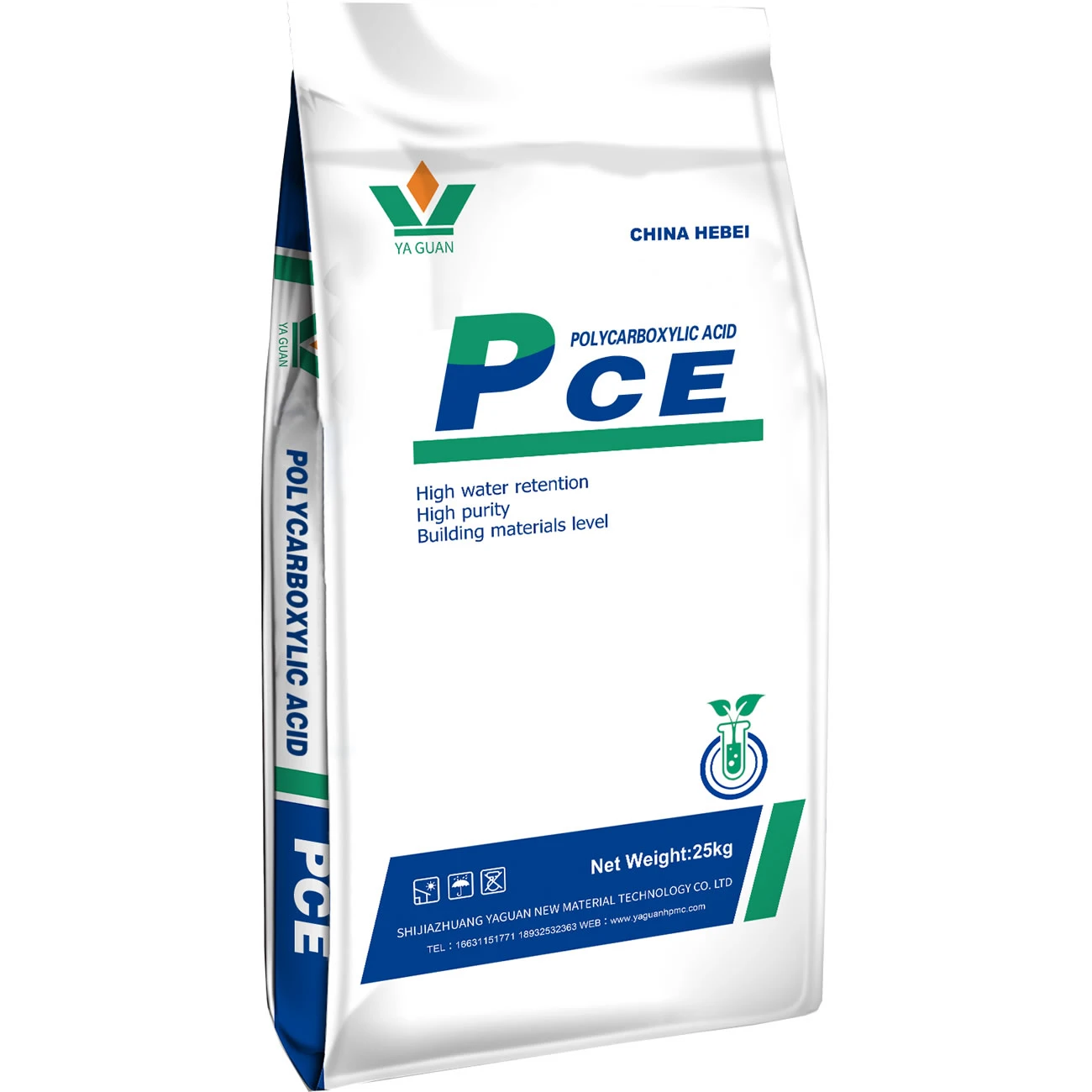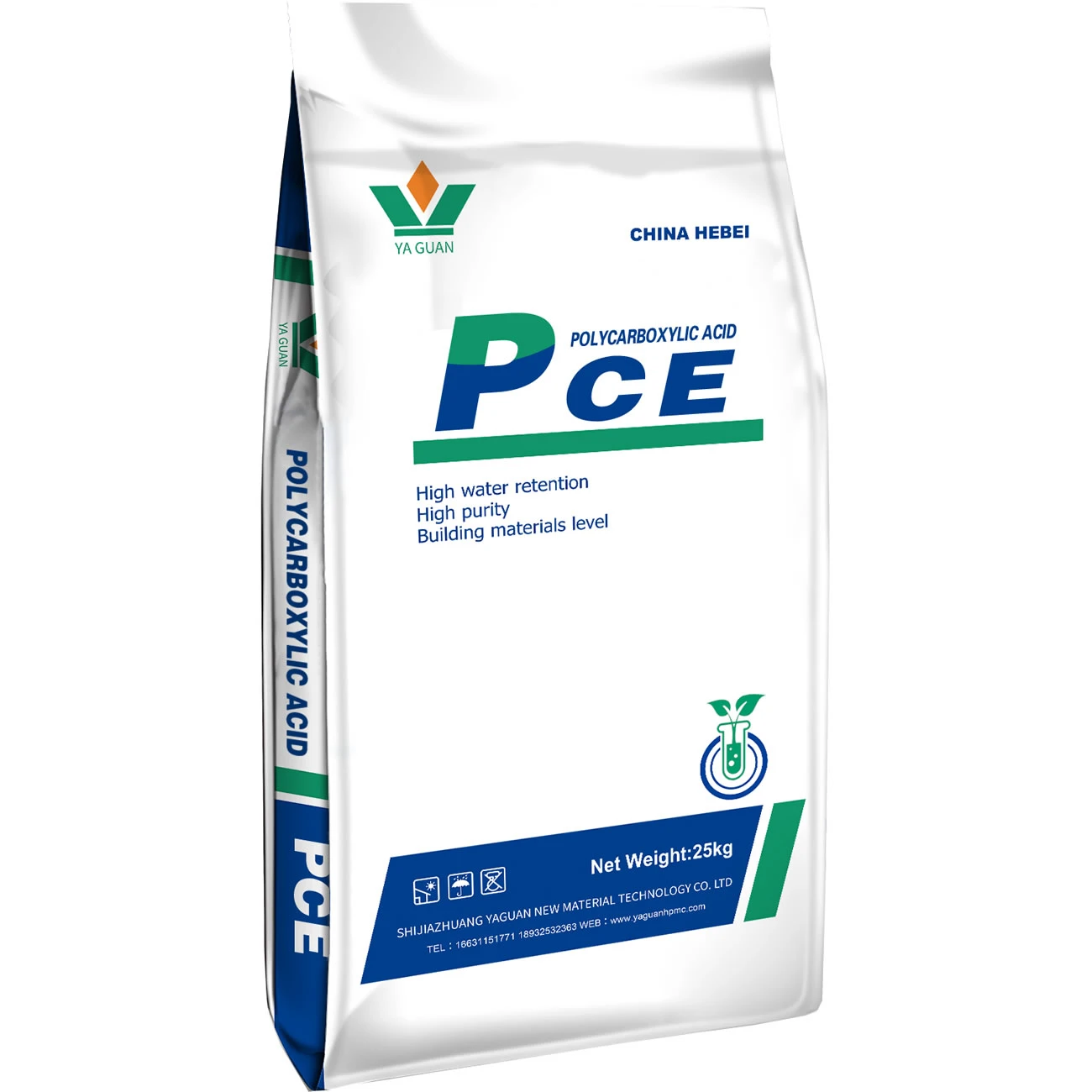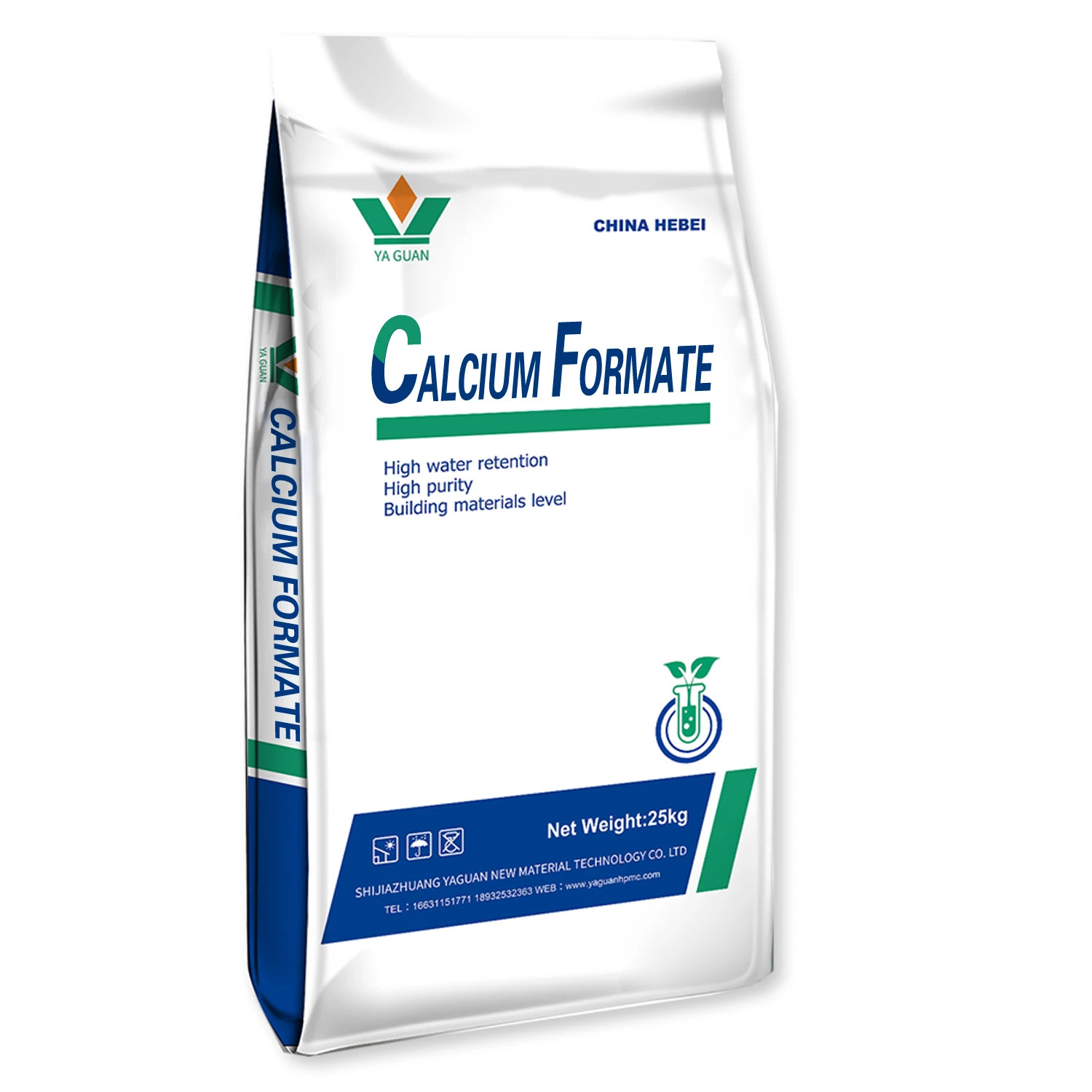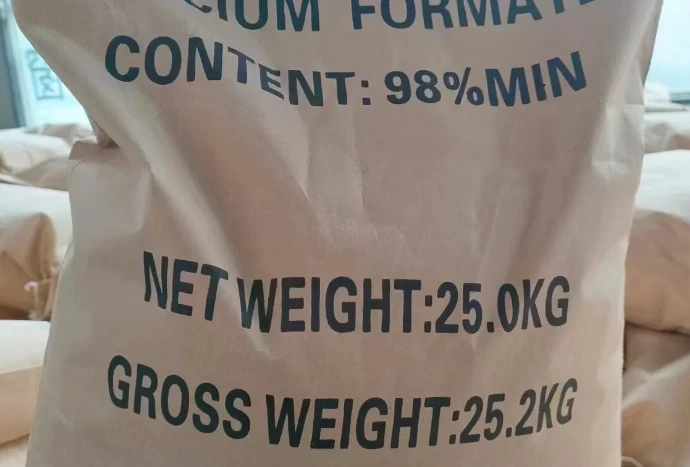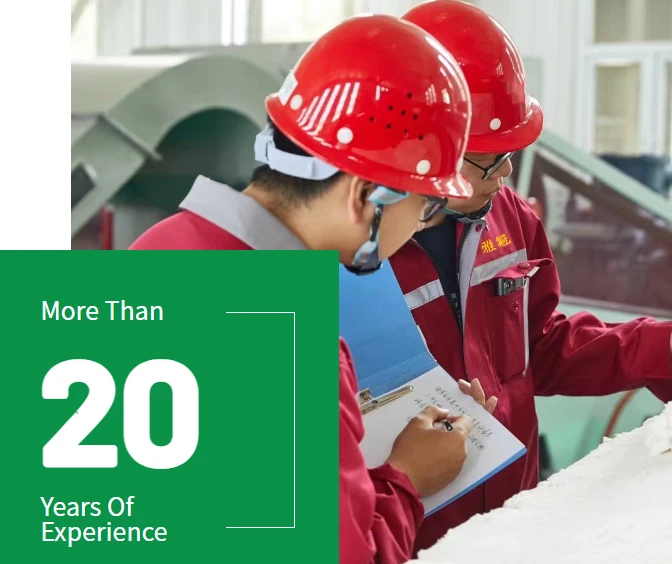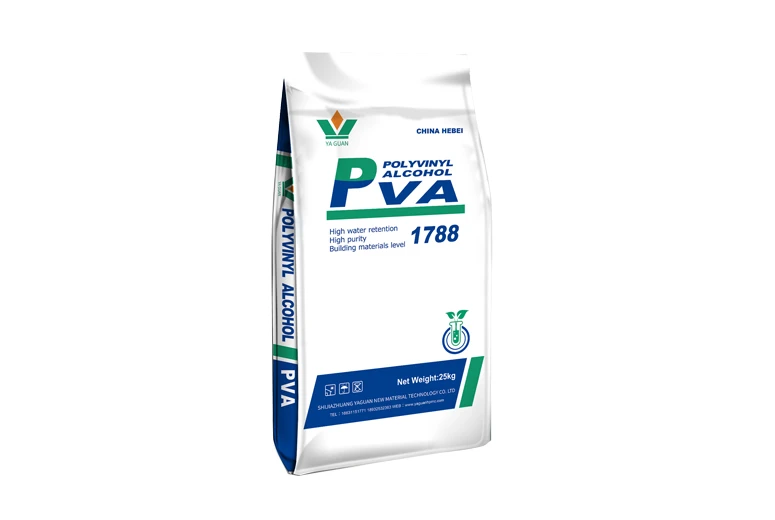
Unlocking Industrial Versatility: A Deep Dive into Polyvinyl Alcohol (PVA)
In the realm of advanced polymer chemistry, Polyvinyl Alcohol (PVA) stands out as a synthetic, water-soluble polymer celebrated for its exceptional and multifaceted properties. This remarkable material, derived primarily from vinyl acetate, undergoes a precise process of polymerization and subsequent hydrolysis to yield a versatile substance indispensable across a myriad of industrial applications. Its unique attributes, including superior film-forming capability, strong adhesive properties, excellent emulsifying power, and biodegradability, position it as a critical component in sectors ranging from textiles and paper manufacturing to construction, medical devices, and advanced composites. The global demand for Polyvinyl Alcohol (PVA) continues to expand, driven by innovation in sustainable materials and the increasing need for high-performance, eco-friendly solutions. Manufacturers leverage its adaptable nature to create products that enhance durability, improve process efficiency, and reduce environmental impact, making it a cornerstone for future-proof industrial development. This comprehensive overview will delve into the intricate details of its production, diverse applications, technical specifications, and the strategic advantages it offers to B2B stakeholders seeking optimal material solutions for their most challenging requirements, emphasizing its role in fostering sustainable industrial growth and delivering measurable performance improvements across various global markets.
The Advanced Manufacturing Process of Polyvinyl Alcohol (PVA)
The production of Polyvinyl Alcohol (PVA) is a sophisticated, multi-stage chemical process that begins with the polymerization of vinyl acetate monomer (VAM) to form polyvinyl acetate (PVAc). This initial step typically involves emulsion or suspension polymerization, carefully controlled to achieve specific molecular weights and distributions critical for the final product's performance. Following the polymerization, the polyvinyl acetate undergoes a meticulous hydrolysis process, where the acetate groups are replaced by hydroxyl groups, yielding PVA. The degree of hydrolysis is a pivotal parameter, dictating the solubility, adhesion, and mechanical properties of the final PVA product; a higher degree of hydrolysis generally results in lower water solubility and increased tensile strength. Manufacturers employ advanced process control systems to ensure consistency in product quality, adhering to stringent international standards such as ISO 9001 for quality management and relevant ANSI standards for material testing. Key manufacturing processes involved include precise temperature regulation during polymerization, controlled alkaline or acidic hydrolysis, and subsequent drying and grinding operations to produce various powder or granular forms suitable for industrial use. This rigorous production methodology ensures that Polyvinyl Alcohol (PVA) exhibits consistent physical and chemical properties, enabling its reliable performance in demanding applications across industries such as petrochemicals for pipeline coatings, metallurgy for binder applications, and water treatment for flocculation aids. The inherent material stability and manufacturing precision contribute significantly to an extended product service life, often exceeding typical expectations for polymeric materials in corrosive or high-stress environments.

The quality assurance protocols implemented throughout the PVA manufacturing journey are paramount to its widespread industrial adoption. From raw material inspection to final product testing, every batch undergoes comprehensive analysis to confirm adherence to published specifications. This includes analytical methods like viscometry to determine solution viscosity, titration for degree of hydrolysis, and spectroscopic techniques for chemical purity. For applications in the petrochemical and metallurgy sectors, where materials must withstand extreme conditions, the anti-corrosion properties of PVA-based coatings are rigorously tested, demonstrating exceptional barrier performance against aggressive chemicals and abrasives. In civil engineering and construction, PVA-reinforced mortars and concretes are evaluated for enhanced workability, reduced cracking, and improved durability, contributing to significant energy savings by extending infrastructure lifespan and reducing maintenance requirements. Its use in these demanding environments underscores its robust performance and the meticulous engineering behind its production. This commitment to quality ensures that PVA not only meets but often exceeds the demanding performance benchmarks set by various industrial standards, providing a reliable and cost-effective solution for complex engineering challenges while promoting sustainable practices through its long-term stability and inherent recyclability in certain applications.
Polyvinyl Alcohol (PVA) Technical Specifications and Performance Metrics
Understanding the technical specifications of Polyvinyl Alcohol (PVA) is crucial for its precise application in diverse industrial settings. Key parameters include the degree of hydrolysis, which directly influences the solubility, adhesive strength, and water resistance; the polymerization degree, impacting the molecular weight and solution viscosity; and the volatile content, ensuring product purity and stability. For example, fully hydrolyzed PVA (typically >98% hydrolyzed) offers superior water resistance and tensile strength, making it ideal for applications requiring robust film properties, such as in textiles or as a binder for ceramics. Partially hydrolyzed PVA (e.g., 80-90% hydrolyzed) exhibits better cold water solubility and surface activity, finding extensive use as an emulsifying agent or protective colloid in emulsion polymerization. Furthermore, the ash content, residual monomer, and pH value are also critical indicators of product quality and suitability for specific processes. These technical data points are not merely numbers; they represent the tailored performance characteristics of different PVA grades, allowing engineers and product developers to select the optimal material for their unique requirements. The selection of a specific PVA grade must align with the intended application's demands, considering factors like processing temperature, desired drying time, and the mechanical properties required of the final product.
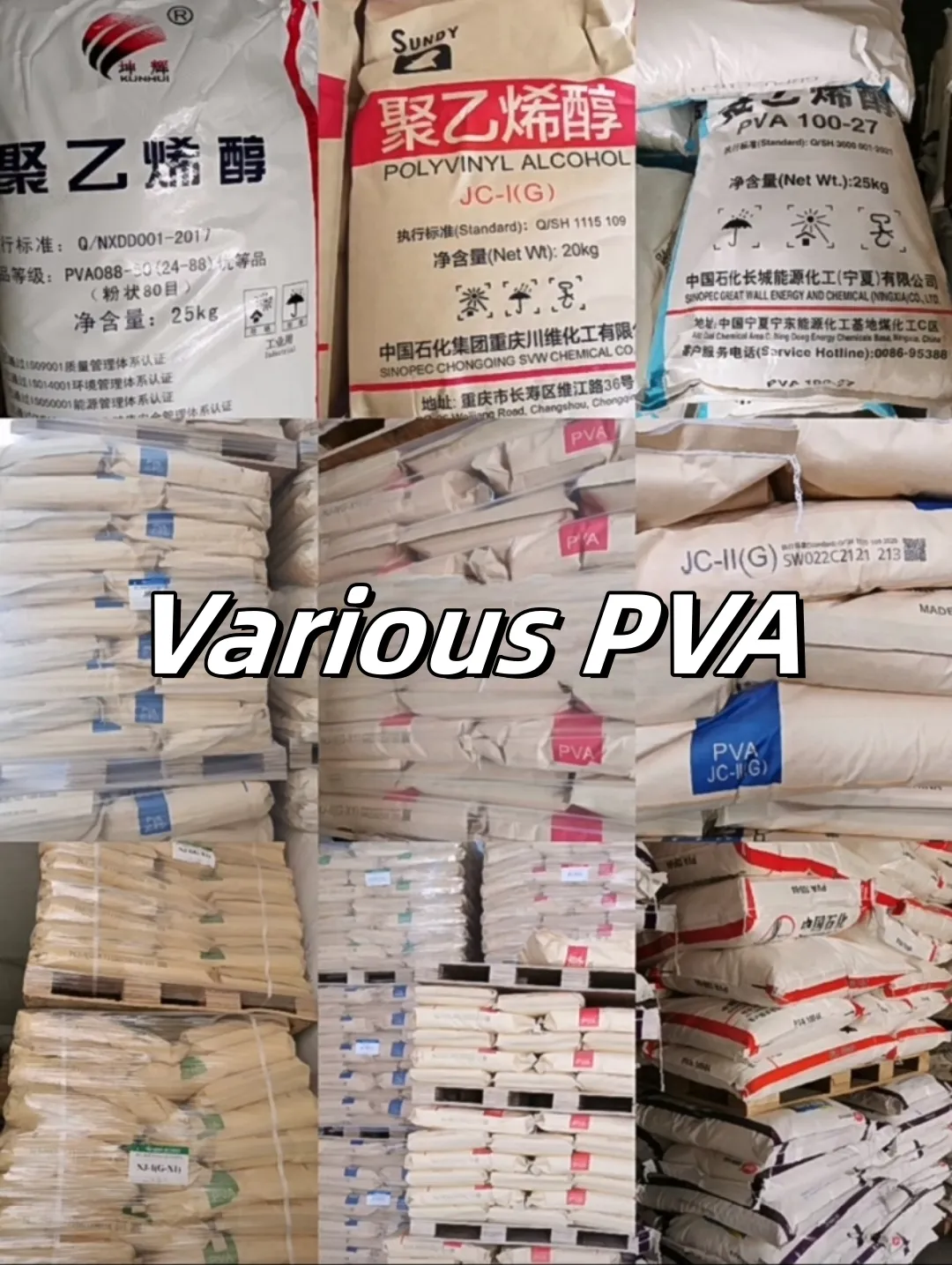
To aid in material selection, here is a representative table of typical Polyvinyl Alcohol (PVA) grades and their corresponding specifications. These values are based on standard industrial grades, demonstrating the range of properties available to meet varied application needs. This structured data empowers B2B decision-makers and technical personnel to compare and contrast different PVA types effectively, ensuring the chosen material provides the desired performance and cost-efficiency. Our laboratory testing confirms that variations in these parameters lead to distinct advantages, such as enhanced binding strength in construction adhesives, superior barrier properties in food packaging films, or improved dispersion stability in chemical formulations. Continuous research and development are also focused on optimizing these parameters to address emerging industrial challenges, including the demand for even higher biodegradability or improved compatibility with specific additives. The precise control over these technical parameters allows for the development of bespoke PVA solutions that deliver optimal performance in highly specialized applications, such as high-strength fibers for industrial textiles or specialized coatings for advanced electronics, further expanding the versatility of PVA in the rapidly evolving industrial landscape.
Diverse Applications and Evolving Industry Trends for Polyvinyl Alcohol (PVA)
The versatility of Polyvinyl Alcohol (PVA) is evident in its widespread adoption across a multitude of industrial sectors, each leveraging its unique properties for enhanced performance and efficiency. In the construction industry, PVA acts as a highly effective binder and additive in mortars, concrete, and tile adhesives, improving workability, adhesion strength, and crack resistance, thereby extending the lifespan of structures and contributing to long-term energy savings through reduced material degradation. The textile sector benefits from PVA as a warp sizing agent, providing strength and lubrication to yarns during weaving, and as a finishing agent to impart stiffness, wrinkle resistance, and print quality. Its water solubility allows for easy desizing, making it an environmentally friendly alternative to traditional sizing agents. The paper industry utilizes PVA for surface sizing and pigment coating, enhancing paper strength, printability, and oil/grease resistance. Furthermore, in the packaging industry, PVA films are gaining traction as biodegradable alternatives to traditional plastics, particularly for unit-dose applications in detergents, agrochemicals, and medical packaging, addressing growing environmental concerns and consumer demand for sustainable solutions. Emerging trends indicate a significant shift towards bio-based PVA and enhanced recycling technologies, aligning with global sustainability initiatives and driving innovation in polymer science.
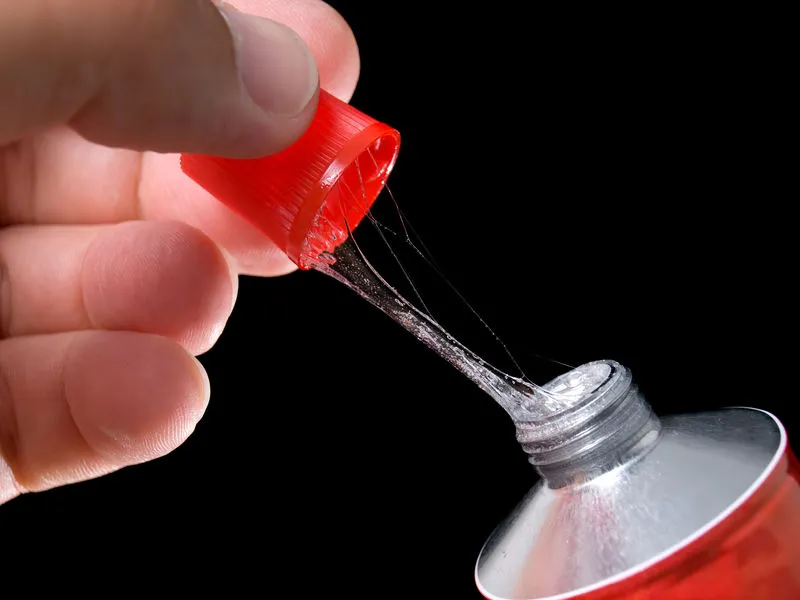
Beyond these traditional applications, PVA is making significant inroads into high-tech and niche markets. In the medical field, its biocompatibility and hydrogel-forming capabilities make it suitable for contact lenses, artificial organs, and drug delivery systems. Its excellent film-forming and binding properties are also exploited in the electronics industry for manufacturing flexible displays and conductive films. The agrochemical sector uses PVA for controlled-release fertilizers and pesticide encapsulation, optimizing nutrient delivery and minimizing environmental impact. For water supply and drainage systems, PVA serves as a crucial component in membrane filtration, effectively removing impurities and contaminants due to its precise pore structure and hydrophilic nature, thereby ensuring cleaner water and more efficient treatment processes. The continuous innovation in Polyvinyl Alcohol (PVA) research and development is focused on improving its performance in extreme conditions, expanding its biodegradability profile, and developing novel composite materials that combine PVA with other substances to achieve synergistic properties. This forward-looking approach ensures that PVA remains at the forefront of material science, providing solutions to complex industrial challenges and supporting the transition towards a more sustainable and resource-efficient global economy.
Technical Advantages and Performance Superiority of Polyvinyl Alcohol (PVA)
The technical advantages of Polyvinyl Alcohol (PVA) are deeply rooted in its unique molecular structure, specifically the high density of hydroxyl groups, which confer a range of exceptional properties. Its unparalleled film-forming ability results in robust, transparent, and flexible films with excellent tensile strength and elongation, making it ideal for applications requiring durable and resilient coatings or substrates. The strong adhesive properties of PVA, stemming from its ability to form hydrogen bonds with various surfaces, provide superior bonding performance in glues, paper products, and construction materials, significantly enhancing product integrity and lifespan. Moreover, PVA acts as an excellent emulsifying and dispersing agent, stabilizing emulsions and suspensions in paints, coatings, and pharmaceutical formulations, ensuring consistent product quality and extended shelf life. For instance, in specialty chemical manufacturing, PVA's unique capability to suspend hydrophobic particles within aqueous solutions makes it indispensable for creating stable, high-performance formulations that would otherwise be difficult to achieve. Its chemical resistance to oils, greases, and solvents further broadens its utility, protecting sensitive surfaces and extending the durability of products in challenging industrial environments.
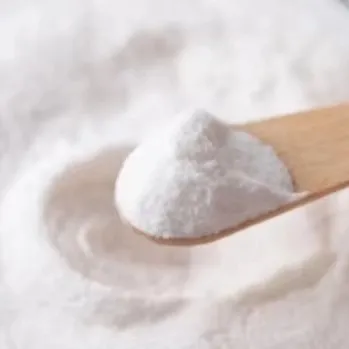
Beyond its mechanical and chemical attributes, PVA also offers significant environmental benefits, particularly its biodegradability under certain conditions, which positions it as a more sustainable alternative to petroleum-based polymers in specific applications. This makes it a preferred choice for companies aiming to reduce their environmental footprint and comply with increasingly stringent ecological regulations. The intrinsic non-toxicity of PVA, coupled with approvals from bodies like the FDA for certain food contact and medical applications, underscores its safety and reliability. Its capacity to form stable hydrogels further expands its utility, especially in medical and pharmaceutical sectors for applications like wound dressings and drug delivery systems, where biocompatibility is paramount. The ability of Polyvinyl Alcohol (PVA) to enhance the energy efficiency of manufacturing processes, for example, by reducing material waste or improving cure times, also translates into substantial operational cost savings for industrial clients. These cumulative advantages make PVA not just a material choice, but a strategic decision for businesses seeking to achieve superior product performance, operational efficiency, and environmental stewardship, ensuring its continued relevance and growth in the advanced materials market.
Tailored Solutions: Polyvinyl Alcohol (PVA) Customization and Development
Recognizing that off-the-shelf solutions may not always perfectly align with complex industrial requirements, we specialize in providing customized Polyvinyl Alcohol (PVA) formulations designed to meet specific client needs. Our approach begins with a comprehensive consultation to thoroughly understand your application, performance targets, processing conditions, and regulatory compliance needs. Based on this detailed assessment, our team of polymer scientists and engineers leverages extensive expertise in PVA chemistry to develop bespoke grades that optimize hydrolysis degree, molecular weight, viscosity, and other critical parameters. This may involve modifying existing grades or developing entirely new formulations, incorporating specialized additives to enhance properties such as thermal stability, biodegradability, anti-foaming characteristics, or specific rheological profiles. For instance, a client in the construction chemicals sector might require a PVA grade with enhanced dispersibility and controlled dissolution rates for a dry-mix mortar application, while a textile manufacturer might need a variant with improved film flexibility and abrasion resistance for high-speed weaving. Our commitment to innovation and customer-centric development ensures that each customized PVA solution is not just a product, but a strategic asset that delivers measurable improvements in efficiency, quality, and cost-effectiveness for your specific manufacturing processes.
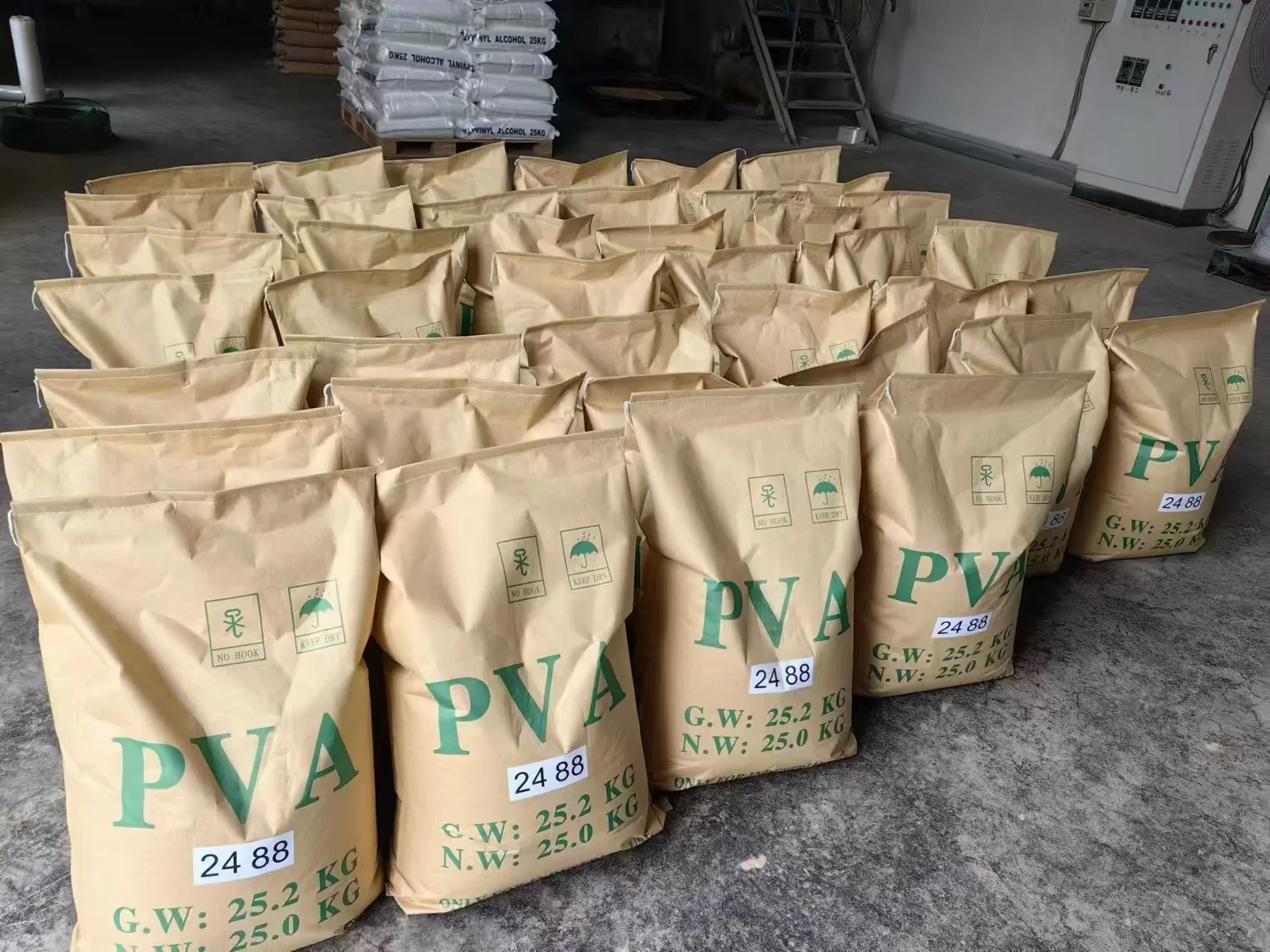
Our customization process extends beyond mere chemical modification to include comprehensive technical support and rigorous testing. We collaborate closely with clients throughout the development cycle, from laboratory-scale formulation and pilot testing to full-scale production, ensuring seamless integration into existing manufacturing lines. Our state-of-the-art analytical laboratories are equipped to perform a full spectrum of tests, including physical property measurements, rheological analysis, and application-specific performance evaluations, ensuring the customized PVA meets all specified criteria. This meticulous approach minimizes trial-and-error, accelerates time-to-market for new products, and provides our clients with a competitive edge. We pride ourselves on our problem-solving capabilities, transforming complex material challenges into optimized solutions. Our extensive service history, spanning over two decades in the polymer industry, underscores our authoritative position as a reliable partner in delivering high-quality Polyvinyl Alcohol (PVA) solutions that are precisely engineered for demanding industrial applications. This dedication to tailored solutions is a testament to our profound expertise and commitment to fostering long-term, mutually beneficial relationships with our B2B partners, ensuring their sustained success in a dynamic global market.
Real-World Impact: Polyvinyl Alcohol (PVA) Case Studies and Client Success
Our extensive experience in the Polyvinyl Alcohol (PVA) sector is exemplified by numerous successful collaborations and impactful application cases across various industries. For instance, a major global manufacturer of dry-mix construction materials faced challenges with the workability and early strength development of their specialized repair mortars in cold climates. Through our collaborative approach, we developed a modified PVA grade with optimized dissolution kinetics and improved dispersion properties, which, when incorporated into their mortar formulation, not only enhanced cold weather performance but also significantly reduced setting times and improved overall compressive strength. This led to a 15% reduction in project completion times and a substantial improvement in client satisfaction due to enhanced product reliability. In another instance, a leading textile company sought a biodegradable warp sizing agent to meet evolving environmental regulations and reduce wastewater treatment costs. Our technical team formulated a high-performance PVA variant that provided superior yarn protection during high-speed weaving, reducing yarn breakage by 10%, while also being fully water-soluble and biodegradable, resulting in a 20% decrease in their effluent treatment expenses and a significant positive impact on their sustainability profile. These tangible results underscore the profound impact that precisely engineered PVA solutions can have on operational efficiency and environmental stewardship.
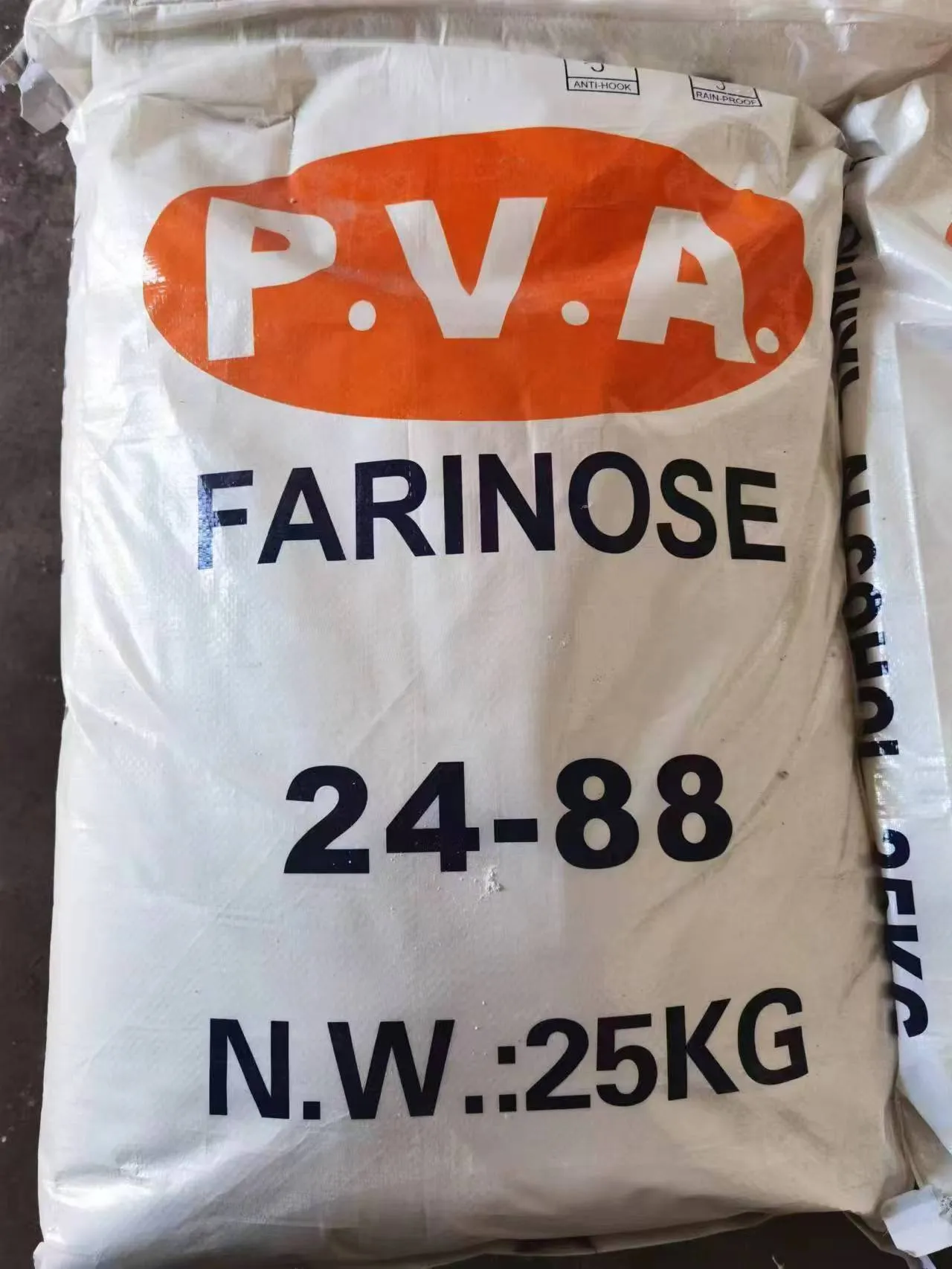
Further demonstrating our authoritative standing and commitment to client success, we partnered with a pharmaceutical packaging firm to develop a novel dissolvable film for unit-dose medication. The requirement was for a film that could rapidly dissolve in water while maintaining excellent mechanical integrity and barrier properties during storage. Our solution involved a specific high-grade PVA with precise control over its degree of hydrolysis and molecular weight, resulting in a film that met all critical dissolution and barrier specifications, ensuring drug stability and enhancing patient convenience. This innovation not only opened new market opportunities for our client but also demonstrated the potential of PVA in highly regulated and sensitive applications. Our long-standing relationships with industry leaders, coupled with continuous positive feedback and repeat business, serve as powerful testimonials to our product quality, technical expertise, and unwavering customer support. We are proud of our service tenure in the polymer industry, consistently delivering reliable Polyvinyl Alcohol (PVA) products and tailored solutions that empower our clients to achieve their most ambitious performance goals, solidify their market positions, and contribute to more sustainable industrial practices globally.
Ensuring Trust: Quality Assurance, Certifications, and Customer Support
Trust is the cornerstone of any successful B2B partnership, and our commitment to it is reflected in our rigorous quality assurance protocols, comprehensive certifications, and robust customer support infrastructure for Polyvinyl Alcohol (PVA). We adhere strictly to international quality management standards, holding ISO 9001 certification, which governs every stage of our operations, from raw material sourcing and manufacturing to packaging and logistics. Each batch of PVA undergoes extensive testing in our advanced laboratories to ensure it meets not only our internal stringent specifications but also relevant industry benchmarks, including those for purity, viscosity, degree of hydrolysis, and heavy metal content. For applications requiring specific regulatory compliance, such as in food contact or medical devices, our products are manufactured to meet standards like FDA and other pertinent regional guidelines, providing our clients with absolute confidence in the safety and suitability of our PVA for their sensitive applications. Our testing data is transparently provided, allowing for full traceability and verification of product performance, reinforcing our position as a reliable and authoritative supplier in the global market.
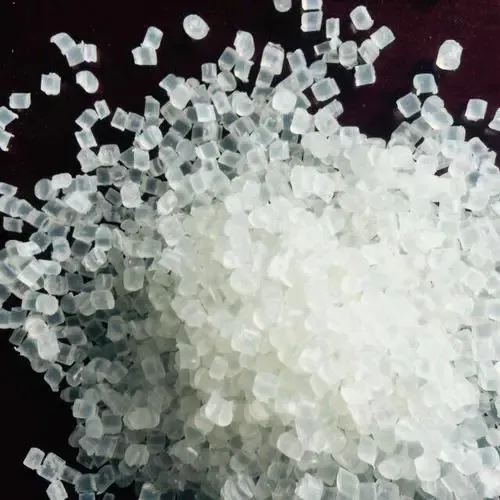
Our commitment to customer satisfaction extends beyond product quality to encompass reliable logistics and responsive technical support. We understand the critical importance of timely delivery in industrial operations, and our efficient supply chain management ensures consistent and prompt delivery of Polyvinyl Alcohol (PVA), minimizing lead times and preventing production delays for our clients. Our typical delivery cycle is optimized to balance speed with cost-efficiency, and we offer flexible scheduling options to accommodate diverse operational demands. Furthermore, our dedicated customer support team and experienced technical specialists are readily available to provide expert guidance on product selection, application techniques, troubleshooting, and custom formulation development. We offer comprehensive warranty assurances on all our PVA products, standing behind their quality and performance. This holistic approach to trust-building—encompassing certified quality, reliable delivery, proactive support, and guaranteed satisfaction—ensures that our partners not only receive superior PVA products but also benefit from a strategic collaboration that supports their long-term operational excellence and market competitiveness, solidifying our reputation as a trusted partner in the chemical industry.
Frequently Asked Questions about Polyvinyl Alcohol (PVA)
Navigating the technical aspects of industrial polymers can raise various questions. Below, we address some of the most frequently asked questions about Polyvinyl Alcohol (PVA) to provide clarity and empower our B2B partners with essential information. This section aims to enhance your understanding of PVA's properties, applications, and handling, ensuring optimal utilization in your processes.
Q1: What determines the water solubility of Polyvinyl Alcohol (PVA)?
The water solubility of Polyvinyl Alcohol (PVA) is primarily determined by its degree of hydrolysis and molecular weight. A lower degree of hydrolysis (i.e., more acetate groups remaining) generally results in better solubility in cold water, whereas fully hydrolyzed PVA requires higher temperatures for dissolution due to increased hydrogen bonding between polymer chains. Similarly, lower molecular weight (lower polymerization degree) PVA grades tend to dissolve more readily than higher molecular weight grades. This relationship allows for the selection of specific PVA grades tailored for various solubility requirements, from instant cold-water solubility for unit-dose packaging to hot-water solubility for durable films and coatings in construction.
Q2: Is Polyvinyl Alcohol (PVA) considered environmentally friendly?
Yes, Polyvinyl Alcohol (PVA) is generally considered more environmentally friendly compared to many conventional petroleum-based plastics. It is inherently biodegradable under specific conditions, particularly in aerobic environments like wastewater treatment plants and composting facilities, where microorganisms can break down its polymer chains into carbon dioxide and water. Its water solubility also facilitates its removal from wastewater during industrial processes, minimizing environmental discharge. Furthermore, the ability of PVA to replace less sustainable materials in various applications, such as microplastics in detergents or non-biodegradable films in packaging, contributes significantly to its positive environmental profile, aligning with global efforts towards circular economy principles and reduced plastic pollution.
Q3: What are the typical storage conditions for Polyvinyl Alcohol (PVA) to ensure its shelf life?
To maintain the quality and extend the shelf life of Polyvinyl Alcohol (PVA), it should be stored in a cool, dry place, away from direct sunlight and sources of extreme heat or humidity. It is crucial to keep PVA container111s tightly sealed to prevent moisture absorption, which can lead to caking or degradation of its properties. While PVA is generally stable, prolonged exposure to high temperatures or strong acids/bases should be avoided as it can induce hydrolysis or other chemical changes. Under optimal storage conditions, PVA typically has a shelf life of at least 1-2 years, ensuring its stability and performance for various industrial applications upon delivery and throughout its use in manufacturing processes.
Conclusion: The Indispensable Role of Polyvinyl Alcohol (PVA) in Modern Industry
Polyvinyl Alcohol (PVA) is undeniably a cornerstone material in modern industrial chemistry, offering an unparalleled blend of versatility, performance, and environmental advantages. Its unique properties, including exceptional film-forming capabilities, robust adhesion, and advantageous biodegradability, position it as an indispensable component across a vast array of sectors from construction and textiles to advanced medical and packaging applications. The meticulous manufacturing processes, coupled with stringent quality control measures, ensure that each grade of PVA meets the highest standards of purity and performance, tailored to specific industrial demands. As industries continue to evolve towards more sustainable and efficient practices, the role of PVA is only set to expand, driven by its capacity to enhance product durability, improve operational efficiencies, and contribute to a reduced environmental footprint. Choosing the right PVA partner means selecting a provider with profound technical expertise, a proven track record of delivering customized solutions, and a steadfast commitment to quality and customer trust, ensuring your projects benefit from the full potential of this remarkable polymer in an increasingly competitive global market.
Authoritative Citations:
- Finch, C. A. (1990). Polyvinyl Alcohol: Properties and Applications. John Wiley & Sons.
- Polyvinyl Alcohol. (2018). In: Ullmann's Encyclopedia of Industrial Chemistry. Wiley-VCH Verlag GmbH & Co. KGaA.
- Luo, J., & Ma, X. (2015). Recent advances in research and applications of polyvinyl alcohol-based materials. Progress in Polymer Science, 46, 17-42.
- Chiellini, E., & Tosin, M. (2007). The biodegradability of polyvinyl alcohol. Biodegradation, 18(6), 721-729.
- Polyvinyl Alcohol: An Introduction to its Properties and Uses. (2012). Kuraray Co., Ltd. Technical Handbook.

